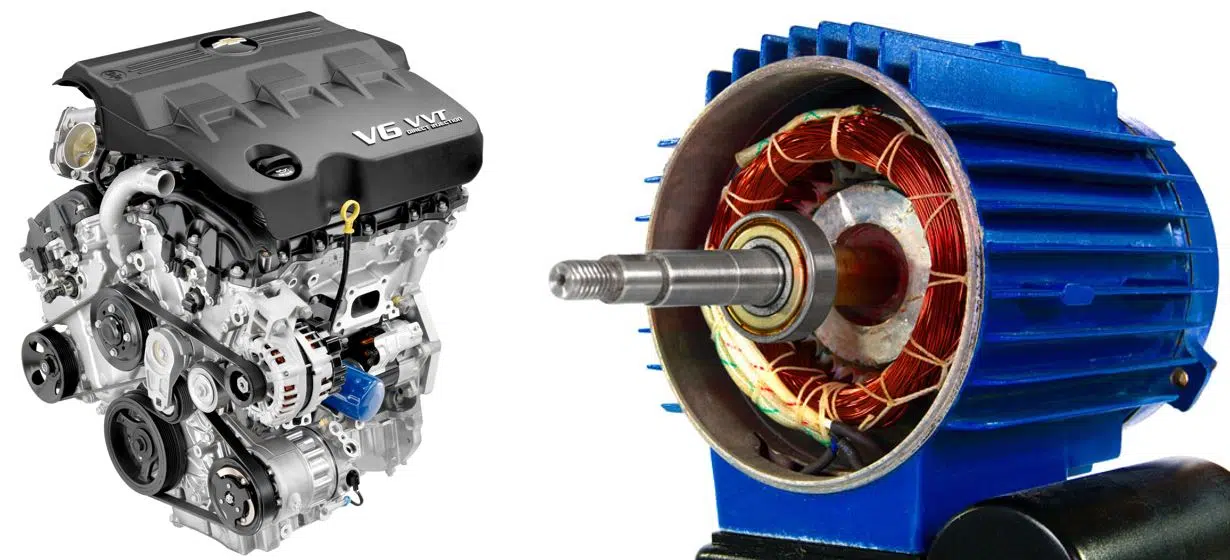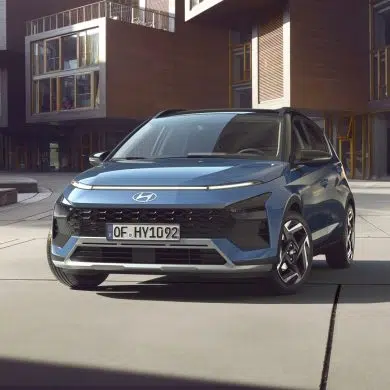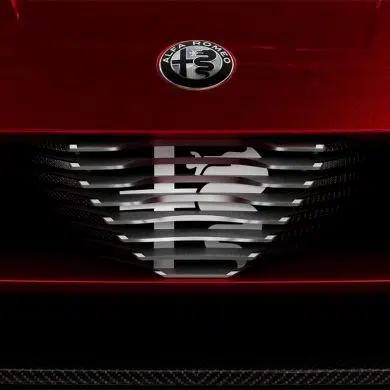With electromobility gaining momentum, internal combustion engines have begun to be viewed with some hostility, especially by politicians and companies that have a vested financial interest in investing in them. By extension, this trend is gradually being passed on to the buying public.
The automakers are now relying a lot on the pure electric vehicles and the majority of them have already set a timetable to change their business character and become dedicated manufacturers of pure electric vehicles.
However, notes the newmoney.gr some industries in the sector are not giving up on thermal engines, even though they are among the pioneers of the new era. For example Renault (in Europe) and Geely (in the Far East).
The recent signing of the Framework Agreement to create a new company that will develop and manufacture highly efficient Plug-in Hybrid engines for their new models, in terms of fuel economy and emissions and carbon dioxide emissions, shows their intention to stick with them.
According to a statement by Mr Thierry Pieton, General Manager of Financial Services of the Renault Group, the French company predicts that in 2040, 40% of new vehicles sold at that time will have a Plug-in Hybrid engine.
Of course, as he explained, this does not mean that the Renault Group will reduce its efforts and deviate from the timetable for the transition to electrification from 2030 onwards, as provided for in the "Renaulution" strategic plan.
The climate is similar at Geely, according to the newcar, which is investing both in electrification and in the creation of new models with a thermal engine and PHEV layout. In fact, for its business expansion in Europe and to increase its sales there, it will rely on both vehicle powertrain technologies.
Also, according to an analysis on the US news channel CNBC, companies' profits from the sale of internal combustion engine vehicles remain high compared to those with an electric motor.
Although, in the last three years or so, the profit rate of pure electric cars has increased, the gap remains significant in favour of the former, which means that investors want them to continue to exist under the bonnet of new cars.
Read more:








